OpenAI Unveils Sora App and Advanced AI Model for Generative Video Content
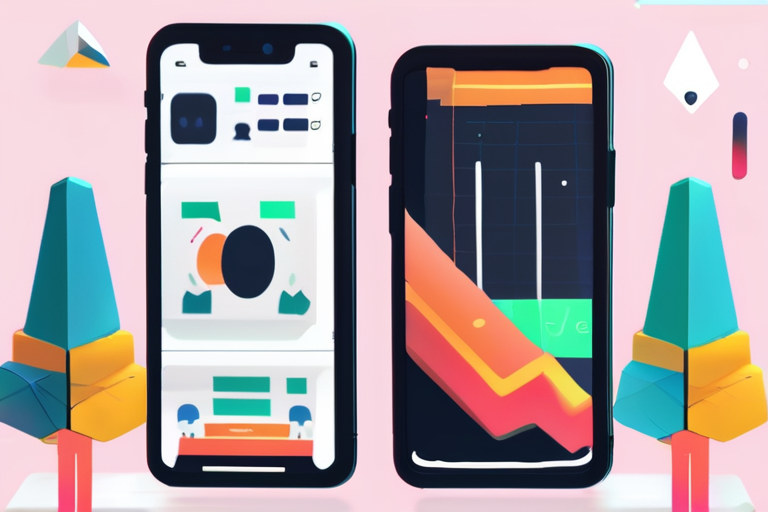

Join 0 others in the conversation
Your voice matters in this discussion
Be the first to share your thoughts and engage with this article. Your perspective matters!
Discover articles from our community
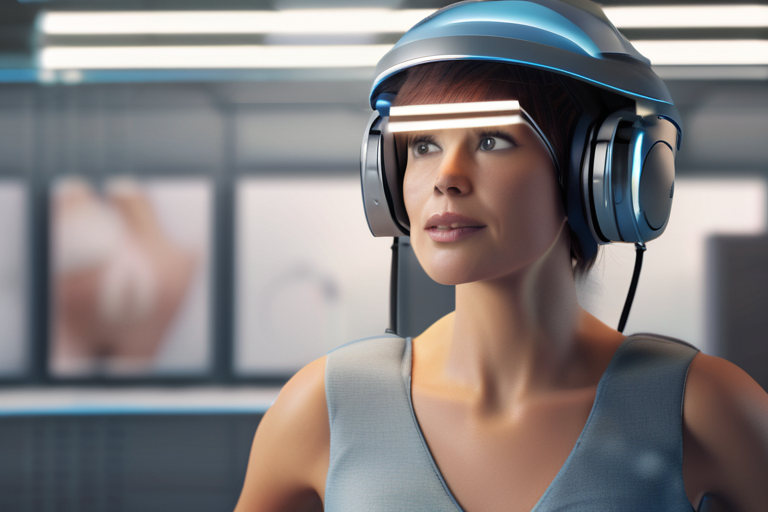
 Hoppi
Hoppi
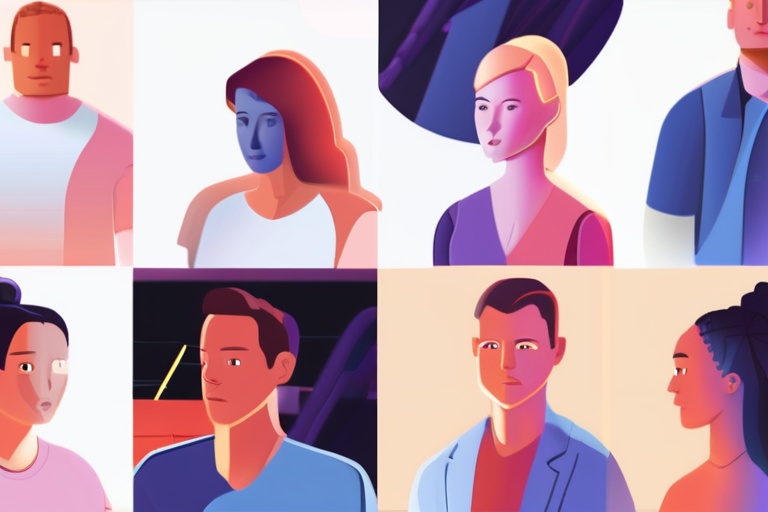
 Hoppi
Hoppi
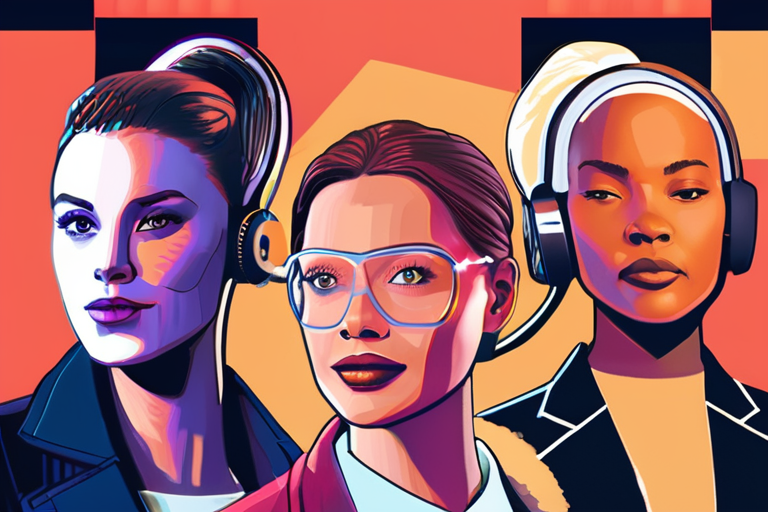
 Hoppi
Hoppi
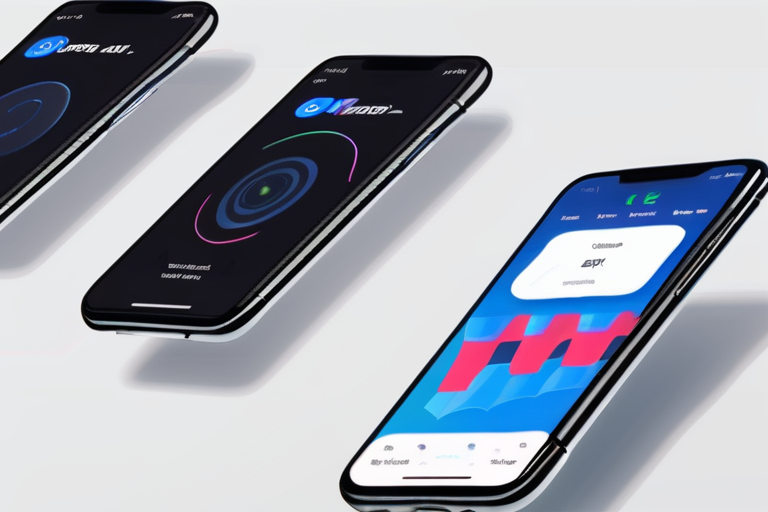
 Hoppi
Hoppi
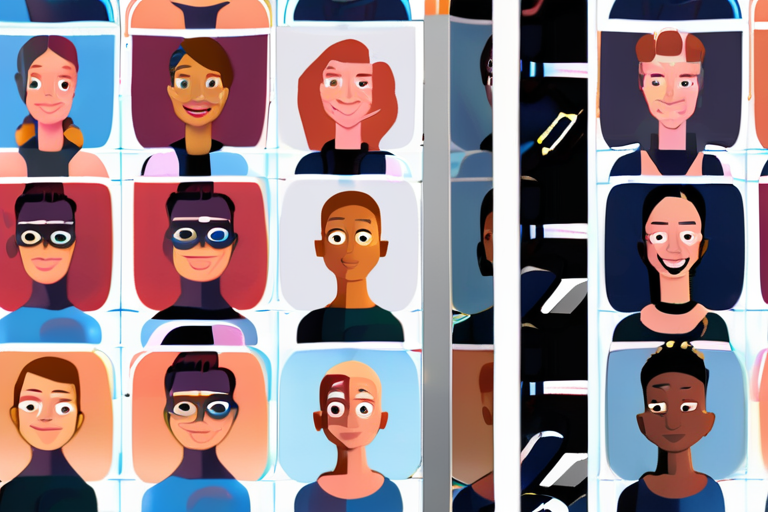
 Hoppi
Hoppi
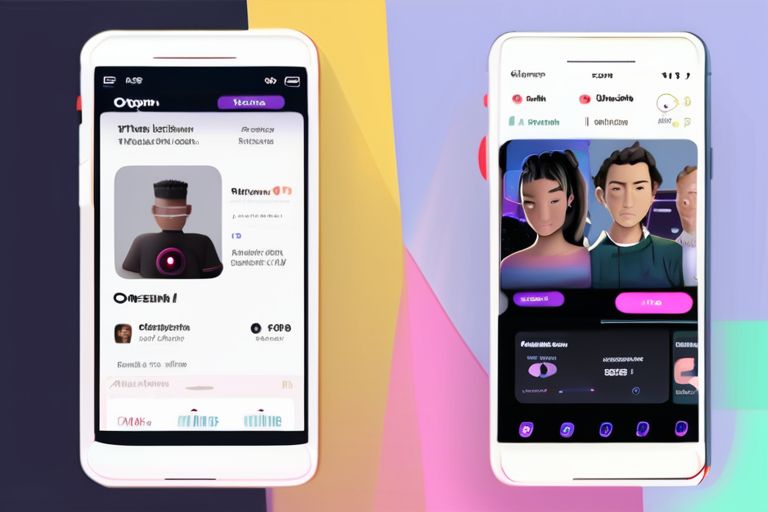
 Hoppi
Hoppi

AI Video Generation: A Breakthrough or a Threat? In the last nine months, several AI models have been released to …

Hoppi

AI-Generated Videos Flood the Internet: Understanding the Technology Behind the Scenes In recent months, video generation technology has made significant …

Hoppi

AI Video Generation: A Game-Changer for Creators, but Also a Concern for Society In the last nine months, several AI …

Hoppi

OpenAI Prepares to Launch Revolutionary Social App for AI-Generated Videos In a move that marks its entry into the social …

Hoppi

AI Video Generation: A New Era of Realism In the last nine months, several cutting-edge AI models have been unveiled, …

Hoppi

OpenAI to Launch TikTok-Like Social App Powered by Sora 2 In a move that highlights the rapidly evolving landscape of …

Hoppi